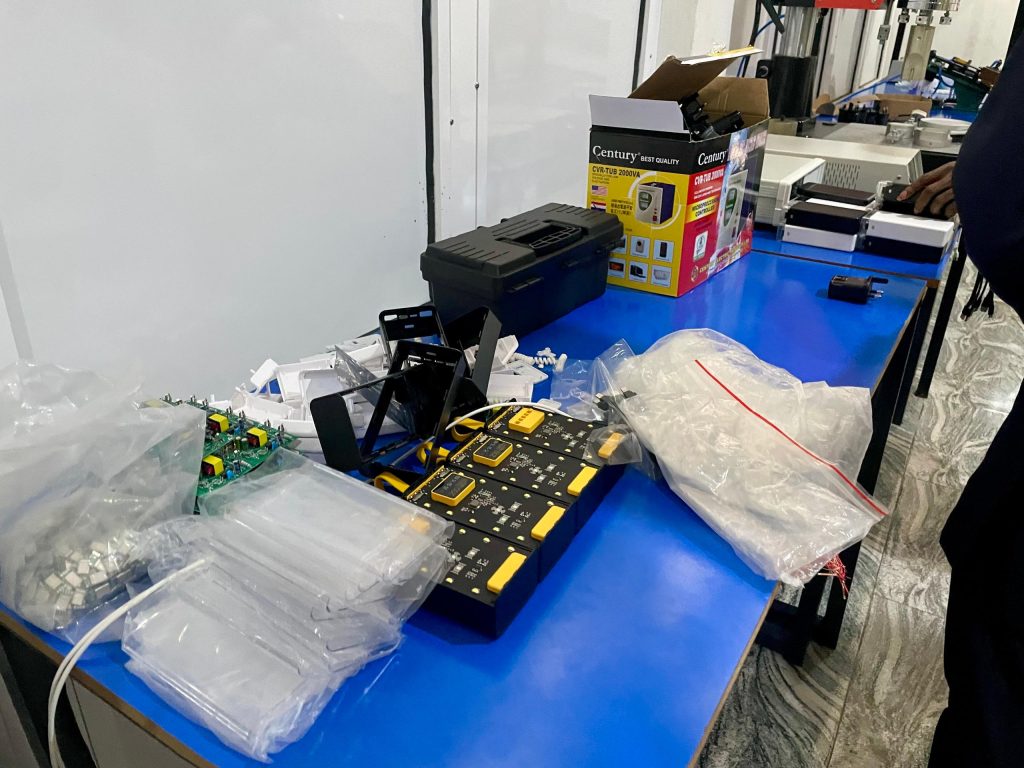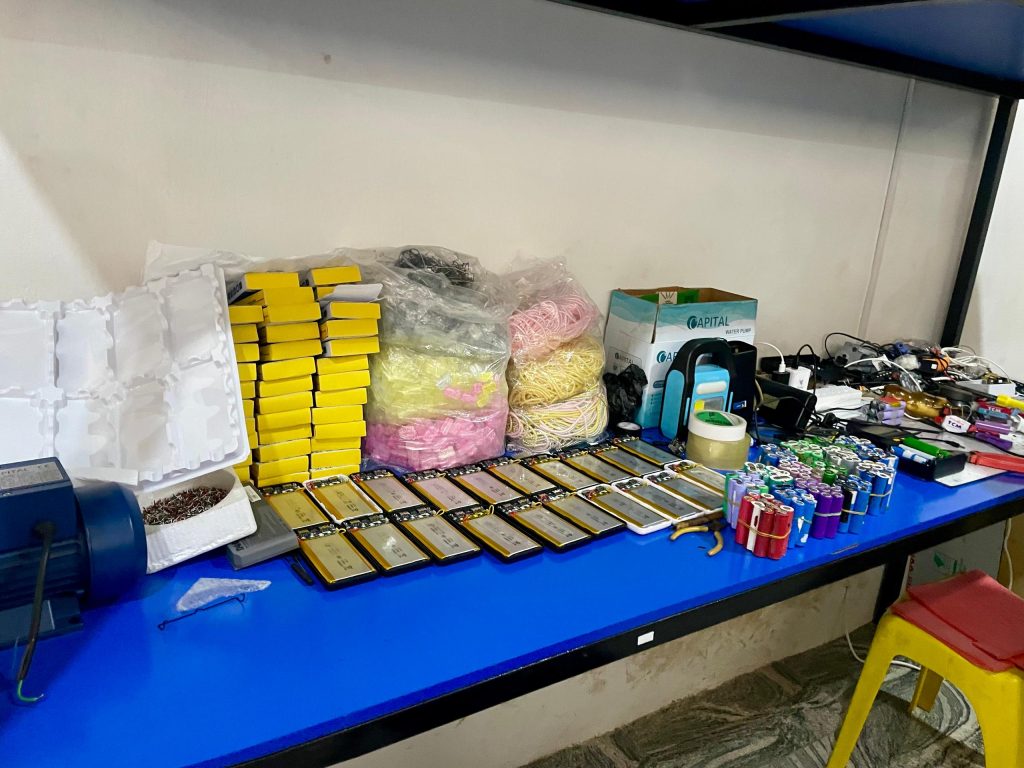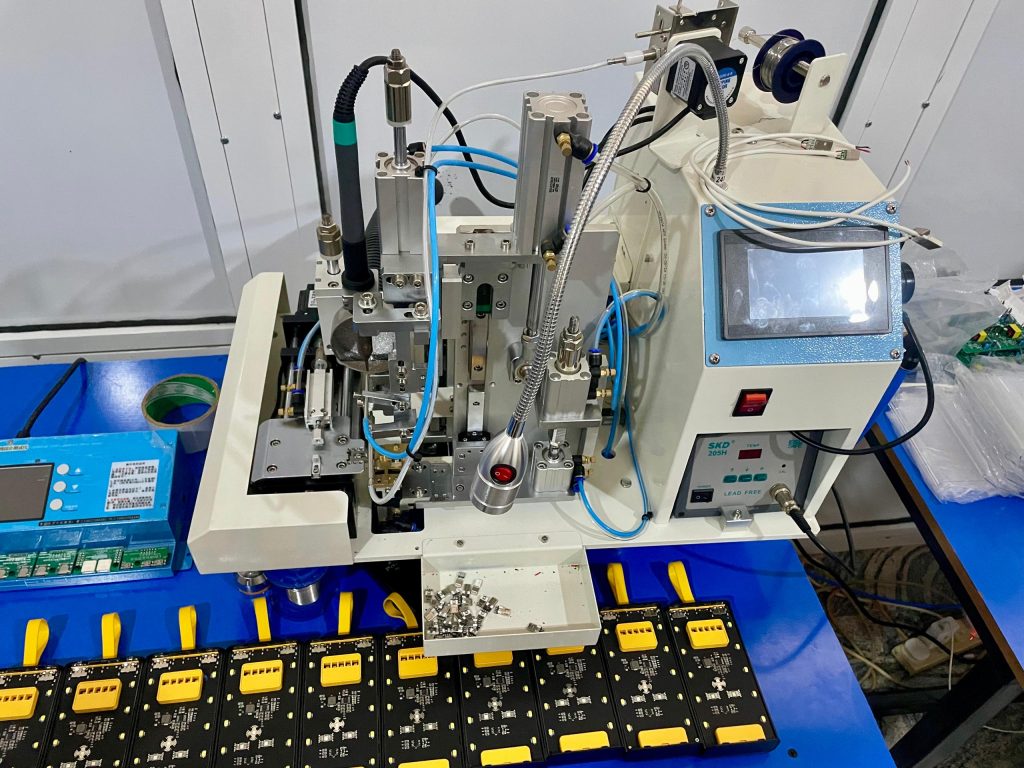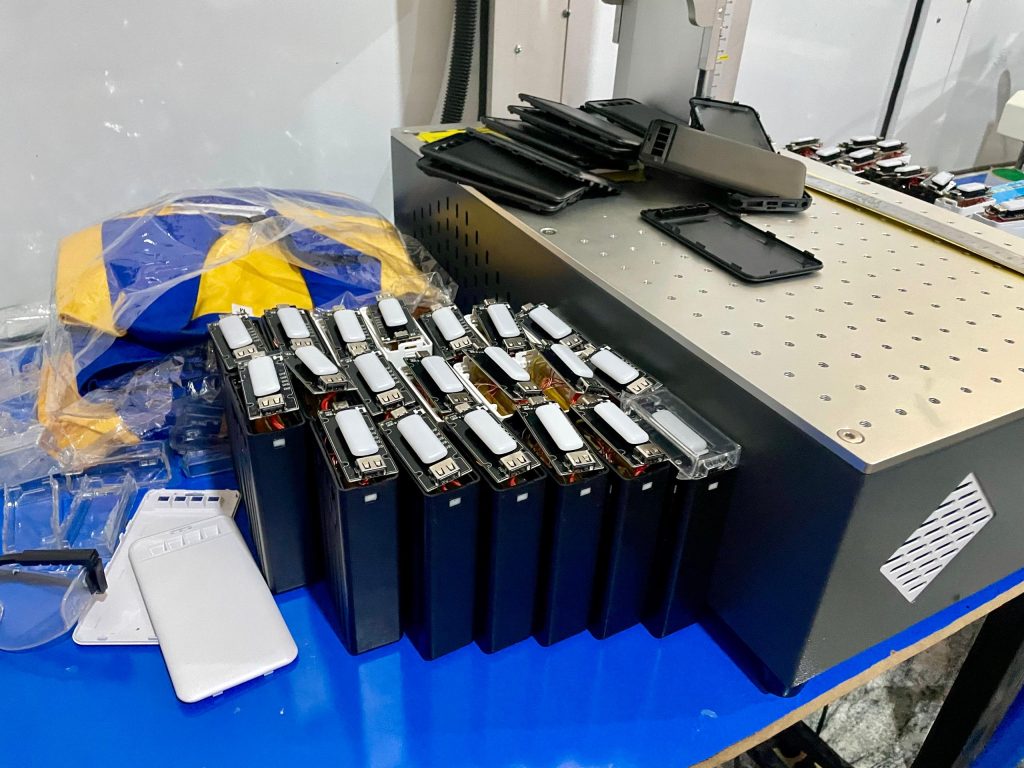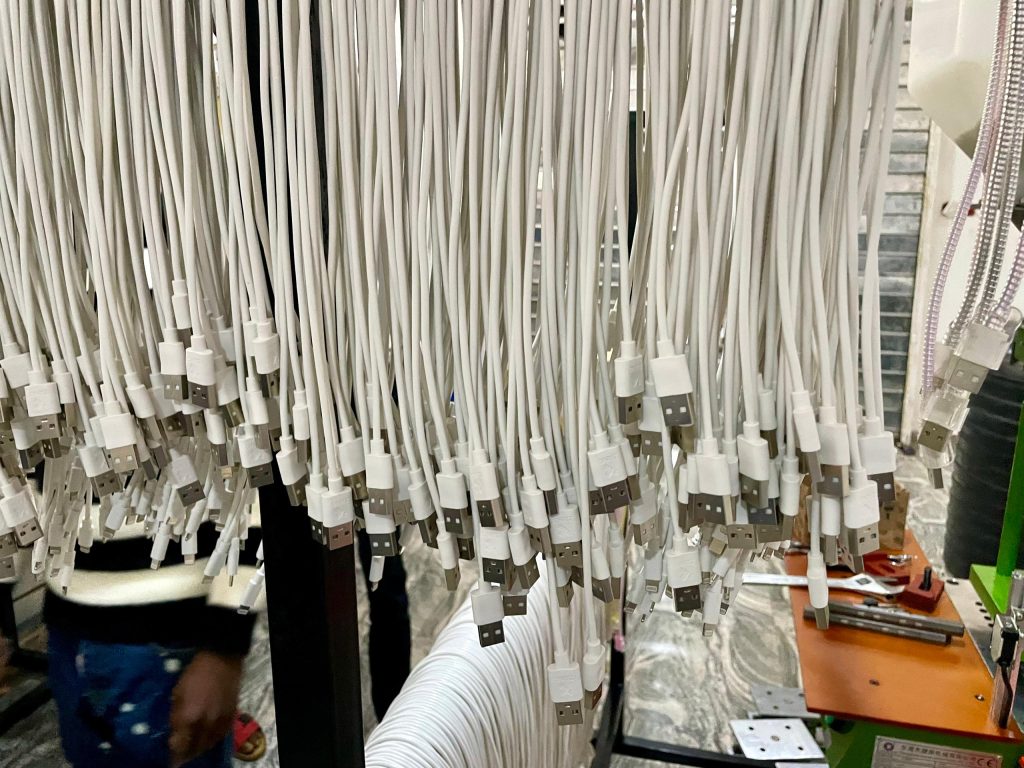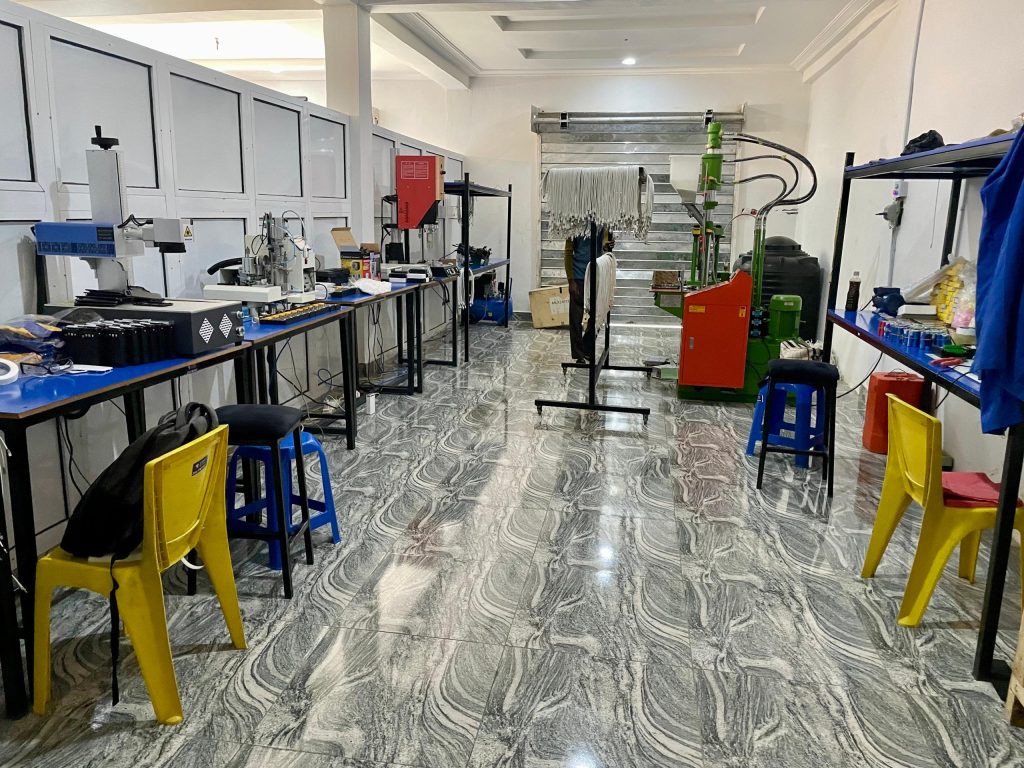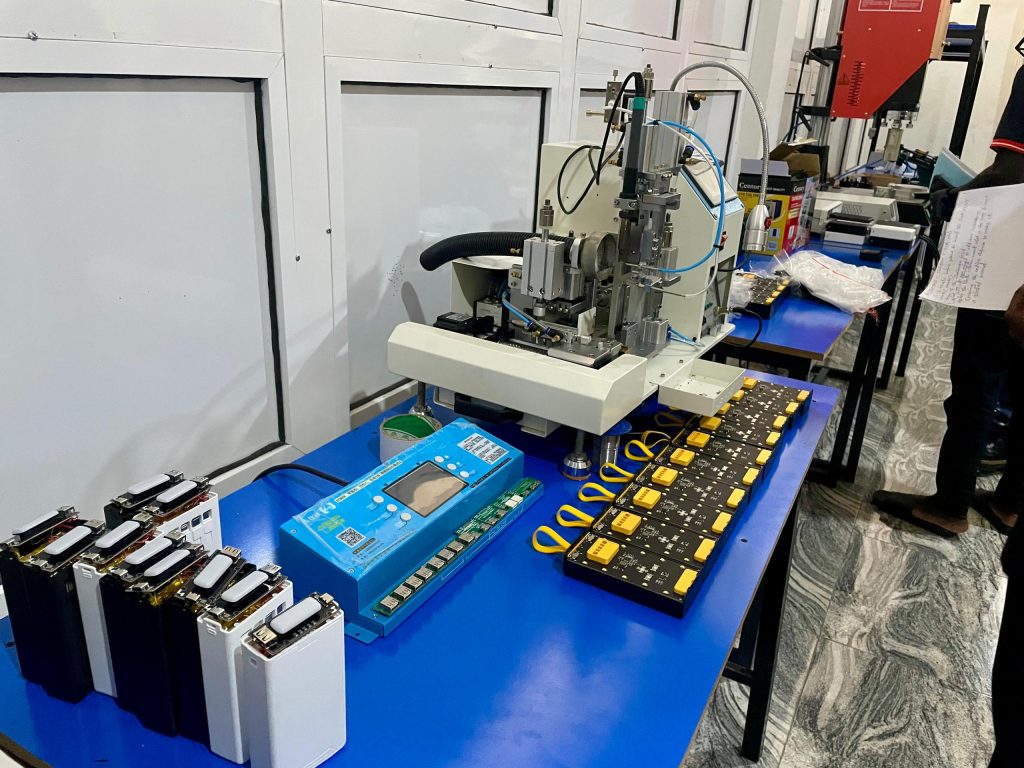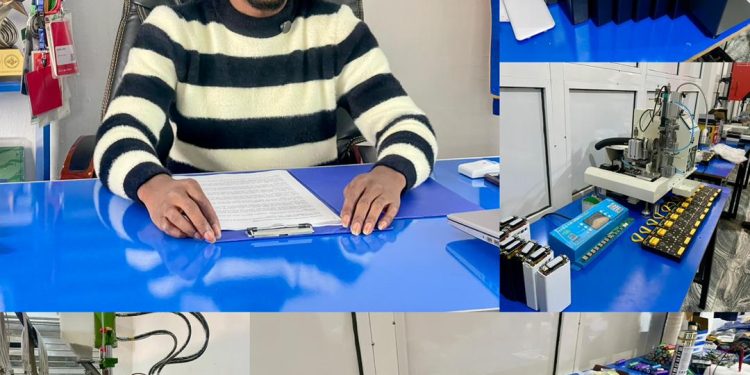On October 26th, all eyes will be on Jos, Plateau State, as Zang Global officially unveils its groundbreaking renewable energy innovations developed from electronic waste. The company, founded by visionary CEO Zang Luka Bot, is set to showcase how discarded gadgets and condemned batteries can be transformed into powerful solutions for Africa’s persistent electricity challenges.
For Zang, this unveiling is more than just a corporate milestone, it represents the fulfillment of a personal journey. Inspired by the need to tackle Africa’s unreliable power supply, he began experimenting with electronic waste, determined to create solutions that were both sustainable and affordable.

“My innovation journey was inspired by the need to solve Africa’s power supply problems,” Zang explained. “This challenge pushed me into experimenting with electronic waste, where I discovered valuable components and successfully built my first power solution after several failed trials.”
The CEO’s path has been unconventional. Though he began his education in the arts, his curiosity pushed him toward science, where he independently conducted research and hands-on experiments. His determination eventually led him to study computer science, giving him the technical background to refine his discoveries. This blend of creativity and technical expertise now forms the backbone of Zang Global’s approach to recycling and renewable technology.
Currently, Zang Global sources 70 percent of its raw materials locally from discarded electronics, including laptop batteries, while importing the remaining 30 percent. Through careful rejuvenation and repurposing, the company transforms waste into functional lithium batteries and other critical components. This not only reduces environmental pollution but also advances sustainability in a continent where proper waste management remains a pressing issue.
Beyond recycling, the unveiling will highlight Zang Global’s vision for solar-powered innovations designed to expand access to electricity in underserved communities. With over 600 million Africans still living without reliable power, such innovations hold immense potential for both social and economic transformation.
Yet, challenges persist. Zang points to limited resources for automation as a major obstacle to scaling up production. Nevertheless, he remains undeterred. “Zang Global’s projection is to expand beyond Plateau State and Nigeria, targeting Africa and global markets,” he said, stressing the ambition to make African-born solutions part of global conversations on renewable energy.
The upcoming launch also symbolizes a larger movement, the idea that African innovators can turn local problems into global opportunities. By harnessing e-waste, Zang Global is not only lighting up homes but also reducing carbon footprints, creating jobs, and inspiring a new generation of thinkers to view waste as a resource.
As October 26th approaches, anticipation grows for what Zang Global will reveal. For many, it is a glimpse into a future where innovation, sustainability, and determination converge to solve Africa’s toughest challenges. For Zang Luka Bot, it is proof that even from discarded e-waste, a brighter and cleaner future can emerge.
